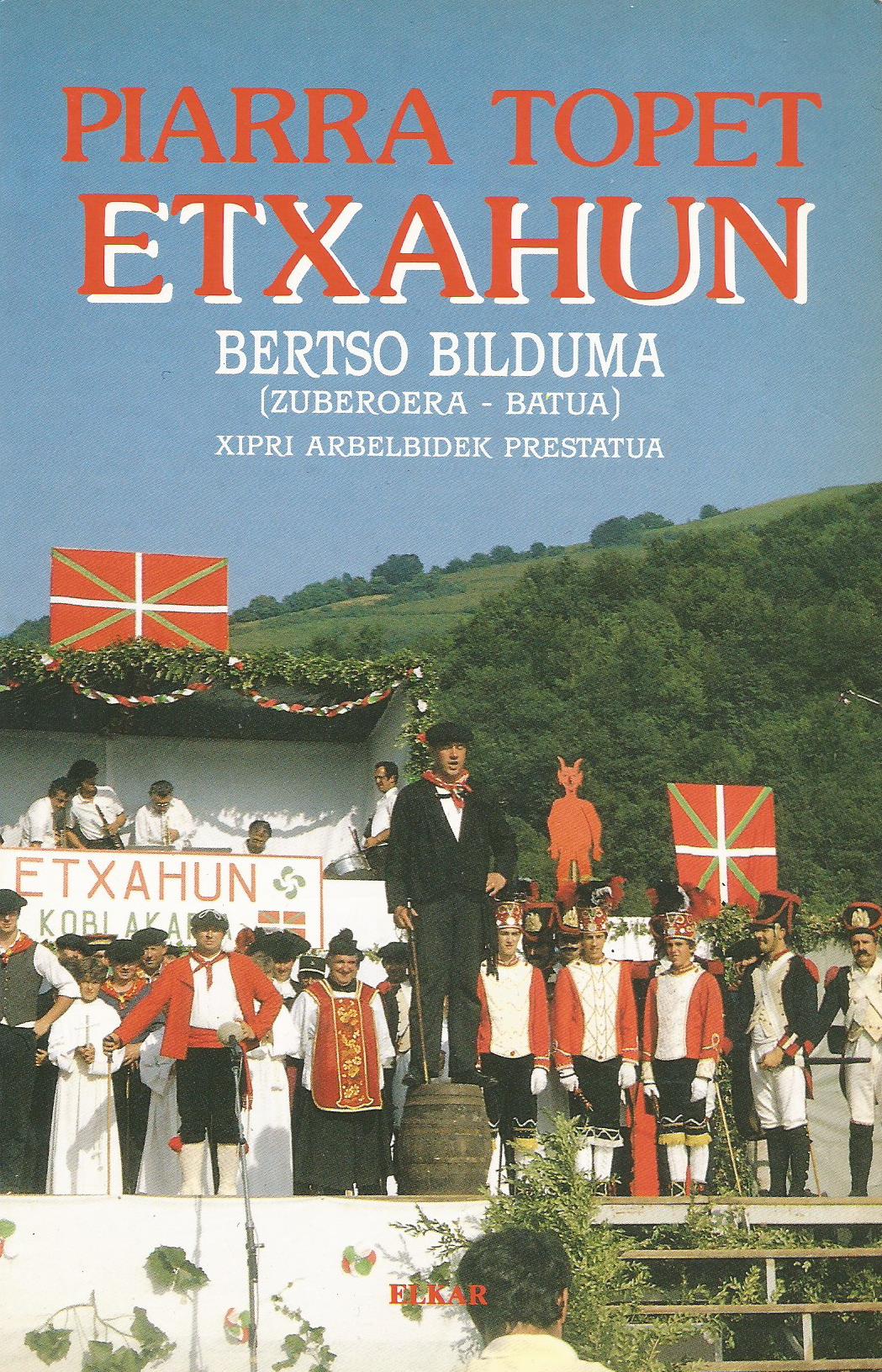

The last to unravel was Pierre Topet, a.k. Joanak joan, by Jon Etxaide. Today we bring Pierre Topet, a.k. The work of the poet Etxahun, which will help us understand his life. In the prologue Xipri Arbelbide says: “If I hadn’t had those songs, no one would have known it was Etxahun.” He is also aware that Etxahun goes “to the trot of my life.” For example in the series entitled “The Song of Life”, in which forty-nine stanzas are ventilated, year after year, the first forty-eight years of the life of Etxahun.Una life,
on the other hand, full of suffering – has been the fate of “Etxahon’en aiphatü, / Mündian gütik diá haboro sofritü”. Since his birth –“Aitetamer beinzan haurreti hügüntü” –: he had to suffer bullying, he was robbed of the premugo, lost property, he was forbidden to continue with the woman he loved, forced him to marry another woman, the wife embarked on the neighborhood until he became a bastard. Consequently, ill-treatment, prison stays, life-long trials. And some suicide attempt: “I put myself in the hospital to make myself sick.”
In Etxahu, therefore, let us say a romantic poet, not perhaps from a theoretical point of view, but inevitably in practice, as it led to such a disastrous life in the texts. Praise of the individual self, if you want literature of the “I”, but before 1850, in the first half of the 19th century. Not only: also black chronicle –“Life owes it to the person / Who also owes it, orhit hadi” –, yellow chronicle –“Children call me a father” – social issues – for example emigration: “Montebidorat are going a long way”, or the political commitment – even asking for the vote: “Musde Chahori was the companion of books.”
Piarra Topet in Etxahun. In addition to the biography 1786-1862, this collection of verses supposedly contains original texts in Suletino (which are not collected as Etxahun wrote) and supposedly added (which are often better understood by the versions that are said in Suletino), all of them produced by Xipri Arbelbide, I found it a little showy. On the network there are also texts by Etxahun. But I believe that the 21st century reader deserves an updated, contemporary edition, namely critical, to make him enjoy the verses of Etxahun. n